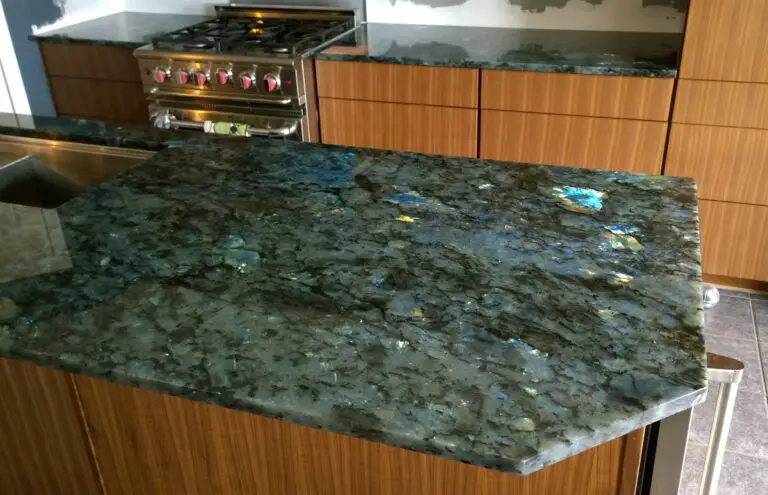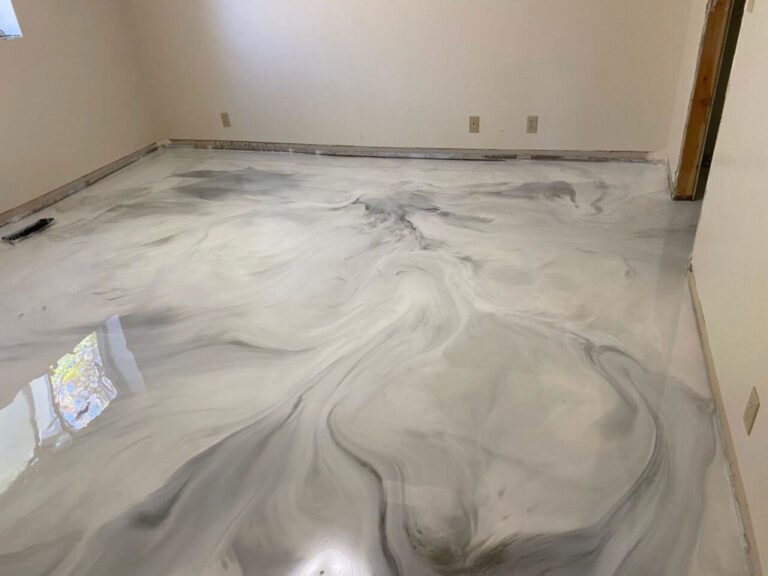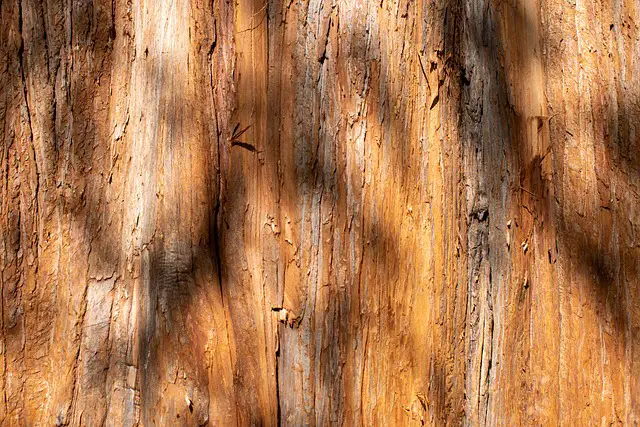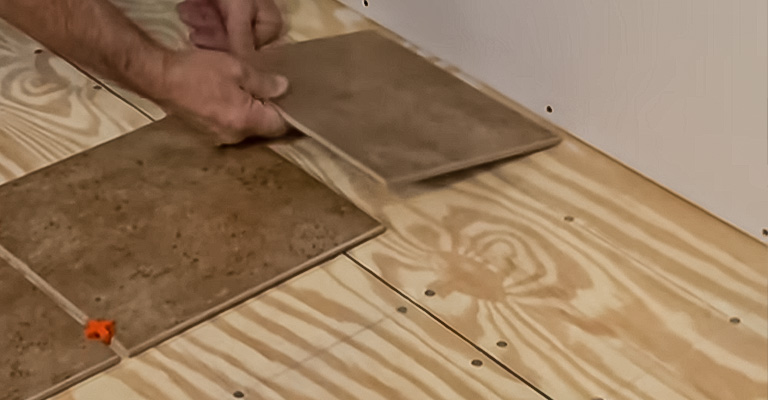How to Clean Marble: Preserving Elegance and Beauty
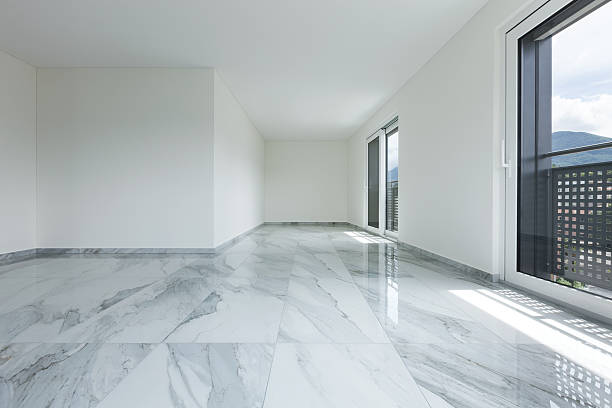
Marble, with its elegant and timeless beauty, graces many homes and buildings. However, this natural stone can be sensitive and requires special care to maintain its pristine appearance. The last thing you’d want is to mar its lovely surface with stubborn stains or unsightly scratches.
If you’ve been wondering how to clean marble, you’ve come to the right place. This guide will provide you with essential tips to keep your marble shining bright.
Why is Marble Cleaning Important?
Marble, being porous, can easily absorb liquids, leading to staining. Additionally, its calcium carbonate makeup makes it susceptible to etching when exposed to acidic substances like lemon juice or vinegar. Cleaning marble isn’t just about maintaining its appearance. It’s about preserving its quality and extending its lifespan.
Gentle is the Way to Go
Remember that when cleaning marble, less is always more.
Water and Soft Cloth
Start by wiping the surface with a damp soft cloth. Often, just water can do the trick for dust and light dirt.
Mild Soap Solution
If water alone doesn’t cut it, mix a small amount of gentle dish soap with warm water. Dip the cloth in this solution, wring out excess water, and wipe the surface. Rinse with clean water and dry with a soft cloth to prevent water spots.
Say ‘No’ to Acids and Abrasives
Many common household cleaners can damage marble. Avoid anything acidic – this includes vinegar, lemon, and many bathroom and kitchen cleaners. Also, keep abrasive sponges and brushes at bay, as they can scratch the marble surface.
Tackling Stains on Marble
The key to handling stains is to identify the source.
Organic Stains (like coffee or tea)
Clean with a mixture of 12% hydrogen peroxide and a few drops of ammonia.
Oil-based Stains (like grease)
Gently rub the stain with a soft cloth dipped in a solution of mild soap and water, or use a specialized stone cleaning product.
Ink Stains
On light-colored marble, use hydrogen peroxide (make sure to test a small area first). On dark-colored marble, you can try using acetone or lacquer thinner.
Always remember to rinse thoroughly and dry after treating any stain.
Prevention is Better than Cure
Seal Your Marble
Sealing your marble will offer an additional layer of protection against stains. While it won’t make your marble stain-proof, it provides time to wipe spills before they penetrate. Consult with a stone specialist about the best sealer for your marble.
Use Coasters and Mats
Simple practices like using coasters for glasses, avoiding placing hot pots directly on the marble, or using mats under toiletries (which can often be acidic) can go a long way in preserving your marble.
Polishing Marble Surfaces
Over time, marble can lose its shine. While there are commercial marble polishers available, if you’re dealing with etch marks or dull spots, you might want to consider professional restoration.
When in Doubt, Consult Professionals
Marble is an investment, and sometimes it’s best to call in experts, especially if you’re dealing with deep-set stains or severe dullness. They have the tools, products, and know-how to restore your marble to its former glory.
Regular Maintenance is the Key
Consistent, gentle cleaning is the secret to marble longevity. Here are some additional steps to incorporate into your routine:
Dust Often
Since sand, dirt, and grit can scratch the marble surface, it’s wise to dust countertops, floors, and other marble surfaces frequently using a soft cloth.
Avoid Spills
While accidents are inevitable, try to ensure substances like wine, coffee, tomato sauce, and soda don’t sit on the marble for too long. Wipe them up immediately with a soft, damp cloth.
Deep Clean Quarterly
Beyond daily or weekly cleaning, consider giving your marble a more thorough clean every few months. This doesn’t mean using stronger cleaners—stick with a mild soap solution—but perhaps spend a little more time ensuring every nook and corner is addressed.
Natural vs. Commercial Cleaners
While mild soap and water work wonders, some homeowners swear by natural cleaners. If you decide to go this route:
Baking Soda Paste
Mix baking soda with water to form a thick paste. Apply to the stain, let it sit (but not dry out completely), then rinse with warm water. This can be effective for some organic stains but remember to spot test first.
Cornstarch for Grease
If you accidentally spill oil or grease, blot up as much as you can, then cover the stain with cornstarch. Let it sit for a day or so to absorb the oil, then rinse with water.
However, for those who prefer commercial cleaners, always ensure you’re choosing a product specifically formulated for marble. The label should clearly indicate its suitability for marble surfaces.
Safety First
If you’re using any chemical (natural or commercial), always:
Wear Gloves
Even mild detergents can irritate the skin over time or with frequent use.
Ventilate the Area
Ensure there’s ample airflow, especially when using stronger cleaning agents.
Store Cleaners Safely
If you have children or pets, ensure that cleaning products are stored out of reach.
Final Thoughts
In the realm of luxurious home finishes, marble countertops and marble floors stand out for their timeless elegance. But with this beauty comes the responsibility of meticulous care. When it comes to marble counters and other marble surfaces, the approach to cleaning should always be one of gentle precision.
A simple spill should be promptly addressed with a paper towel, followed by a gentle wipe using a wet cloth or a microfiber cloth. For stubborn spots, avoid the temptation to use acidic cleaners; instead, consider a dampened cloth covered with plastic wrap, allowing the moisture to tackle the stain without seeping into the stone. A spray bottle with a balanced pH cleanser can be a handy tool for routine spritzing.
And for those looking to restore the original sheen of their marble floor or marble countertop, investing in a high-quality marble polish can make all the difference. The journey of maintaining the grandeur of your marble isn’t a daunting one; it’s merely a dance of attentive care and understanding its unique needs.


